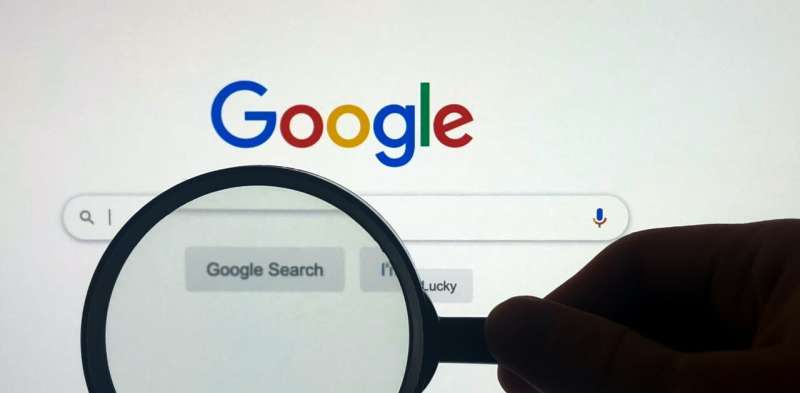There is, in fact, a 'wrong' way to use Google: Five tips to set you on the right path

I was recently reading comments on a post related to COVID-19, and saw a reply I would classify as misinformation, bordering on conspiracy. I couldn't help but ask the commenter for evidence.
Their response came with some web links and "do your own research." I then asked about their research methodology, which turned out to be searching for specific terms on Google.
As an academic, I was intrigued. Academic research aims to establish the truth of a phenomenon based on evidence, analysis and peer review.
On the other hand, a search on Google provides links with content written by known or unknown authors, who may or may not have knowledge in that area, based on a ranking system that either follows the preferences of the user, or the collective popularity of certain sites.
In other words, Google's algorithms can penalize the truth for not being popular.
Google Search's ranking system has a fraction of a second to sort through hundreds of billions of web pages, and index them to find the most relevant and (ideally) useful information.
Somewhere along the way, mistakes get made. And it'll be a while before these algorithms become foolproof—if ever. Until then, what can you do to make sure you're not getting the short end of the stick?
One question, millions of answers
There are around 201 known factors on which a website is analyzed and ranked by Google's algorithms. Some of the main ones are:
the specific key words used in the search
the meaning of the key words
the relevance of the web page, as assessed by the ranking algorithm
the "quality" of the contents
the usability of the web page
and user-specific factors such as their location and profiling data taken from connected Google products, including Gmail, YouTube and Google Maps.
Research has shown users pay more attention to higher-ranked results on the first page. And there are known ways to ensure a website makes it to the first page.
One of these is "search engine optimization," which can help a web page float into the top results even if its content isn't necessarily quality.
The other issue is Google Search results are different for different people, sometimes even if they have the exact same search query.
Results are tailored to the user conducting the search. In his book The Filter Bubble, Eli Pariser points out the dangers of this—especially when the topic is of a controversial nature.
Personalized search results create alternate versions of the flow of information. Users receive more of what they've already engaged with (which is likely also what they already believe).
This leads to a dangerous cycle which can further polarize people's views, and in which more searching doesn't necessarily mean getting closer to the truth.
A work in progress
While Google Search is a brilliant search engine, it's also a work in progress. Google is continuously addressing various issues related to its performance.
One major challenge relates to societal biases concerning race and gender. For example, searching Google Images for "truck driver" or "president" returns images of mostly men, whereas "model" and "teacher" returns images of mostly women.
https://techxplore.com/news/2022-03-fact-wrong-google-path.html

Your Comment :